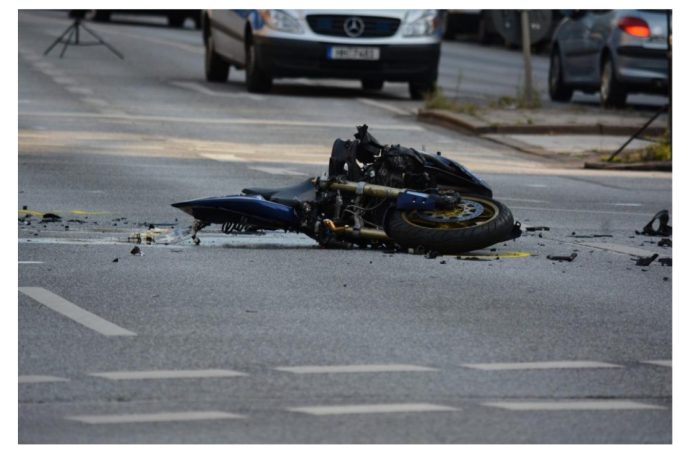Motorcycle accidents can be terrifying, life-altering experiences. While broken bones and physical scars may be visible, the emotional wounds often run much deeper and are far harder to see.
Survivors may struggle with anxiety, depression, flashbacks, or even PTSD—all of which can disrupt daily life and mental well-being. Unfortunately, these emotional injuries don’t always get the recognition they deserve when it comes to insurance claims or court cases.
That’s why proving emotional trauma is so important. If you’re hoping to recover fair compensation for the suffering you’ve endured, knowing how to build a strong case is key. A motorcycle accident attorney from Gallagher & Kennedy will be of immense help in this regard.
In this blog, we’ll explore some helpful and practical tips to prove emotional trauma after a motorcycle crash. Whether you’re gathering evidence for a legal claim or simply trying to make sense of what you’re going through, this guide can help you take that first step forward.
Start by Getting Professional Mental Health Support
The very first thing you should do after a motorcycle accident—once your physical injuries are treated—is to seek help from a licensed mental health professional. This could be a psychologist, psychiatrist, or therapist. Not only does this help you begin your emotional recovery, but it also creates a documented medical history.
When you’re trying to prove emotional trauma, this documentation becomes vital. Your therapist’s notes, diagnoses, and treatment plans serve as official records that show you’ve been affected emotionally and that you’ve taken steps to address it.
Keep a Personal Journal
Another simple yet powerful way to show emotional suffering is by keeping a daily journal. This doesn’t need to be anything fancy—just a notebook or even notes on your phone where you write down how you’re feeling, what triggers your emotions, or how your daily life has been affected.
Over time, your journal becomes a timeline of your mental health journey. It shows patterns, episodes of anxiety or depression, and other emotional struggles. If you end up in court, this record can support what your therapist says and give your story a personal touch.
Gather Testimonies from Family and Friends
Your loved ones often notice changes in your behavior before you do. Ask them to write down or speak about the emotional changes they’ve seen in you since the accident. Maybe you’ve withdrawn from social events, had frequent nightmares, or become easily irritable.
These observations help paint a more complete picture of your emotional state. Courts and insurance adjusters may see this third-party input as objective and trustworthy, especially when it matches your medical records.
Collect Documentation of Missed Work or Activities
Emotional trauma doesn’t just affect your mind—it often spills into your day-to-day life. If you’ve had to miss work, cancel plans, or stop doing things you once loved, this could be a sign of deeper psychological injury.
Request proof of days missed from your employer, or gather emails and messages where you declined social invitations due to anxiety or depression. These small pieces of evidence can add up and show how seriously the accident affected your emotional well-being.
Be Honest During Medical Exams and Legal Interviews
It’s common to feel embarrassed or hesitant to open up about emotional pain. But honesty is crucial. Whether you’re speaking to a doctor, lawyer, or insurance rep, be clear and honest about your symptoms.
If you’re working with a legal team, this also helps them present a more accurate and convincing case when fighting for compensation. The more consistent your story is, the more believable and genuine it becomes.
Conclusion
The emotional trauma after a motorcycle accident is real, and it shouldn’t be brushed aside. Just because it can’t be seen doesn’t mean it doesn’t deserve justice or care. If you or someone you love is struggling emotionally after a crash, take action.
By seeking professional help, keeping records, and sharing your experience with those around you, you build a strong case that shows the full impact of the accident.
Remember, healing takes time—but getting the support and recognition you deserve is a powerful step toward recovery.







